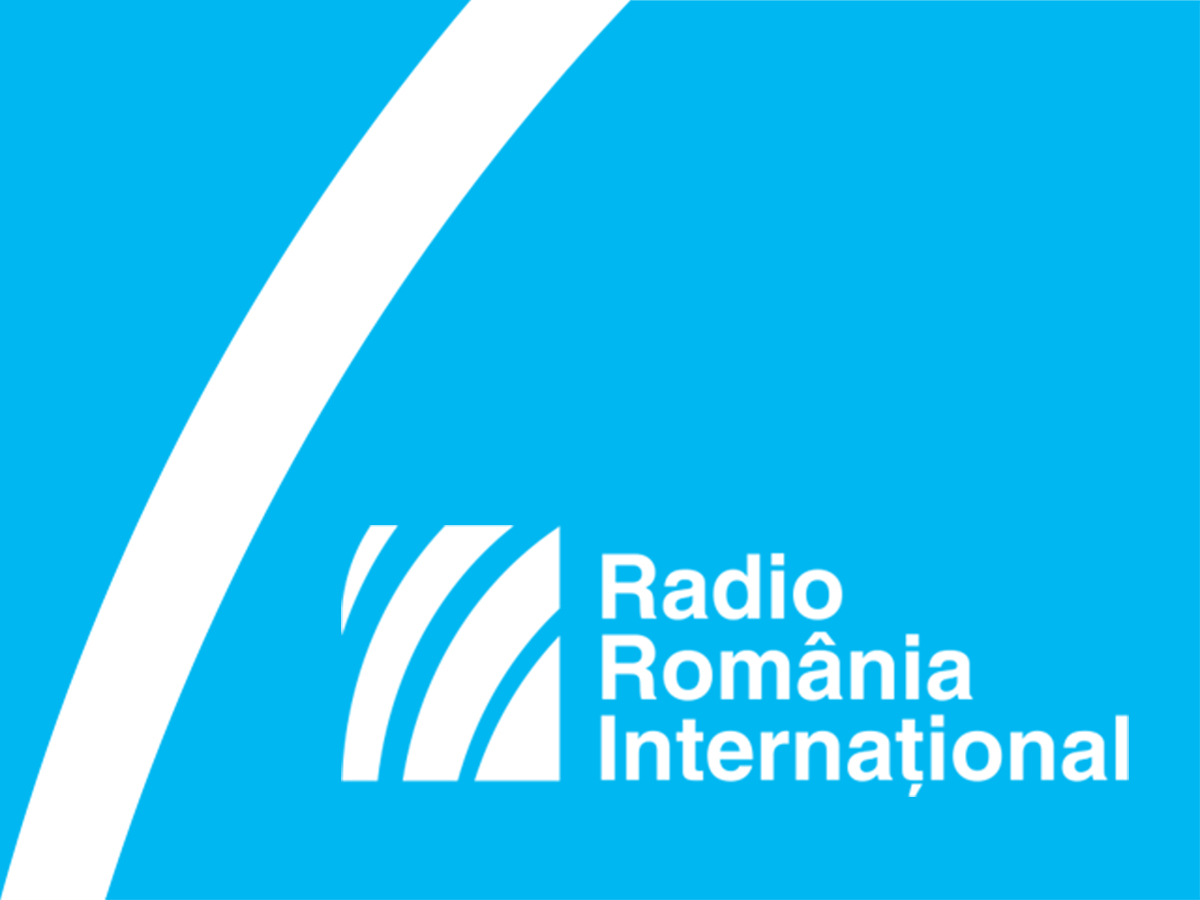Sovietization and the Purging of the Romanian Army
Sovietization was a process by which state institutions and the whole of society were transformed by Soviet models. Even though it was a gradual process, it was at times rather speedy.

Steliu Lambru, 25.01.2016, 14:13
Sovietization started in Romania with the installation of the government led by Petru Groza, and the first targeted institution was the army. Under the pretext of turning the army back from Fascist leanings, the Allied Commission, under Soviet control, purged the army of tens of thousands of military personnel believed to have German sympathies. The term purge was also meant to induce guilt in the people who were kicked out.
Mircea Carp was one of the people removed from the Romanian Royal Army. He had fought in the USSR, getting wounded and earning a decoration. He was interviewed in 1997 by the Oral History Center of the Romanian Radio Broadcasting Corporation.
Carp remembers the situation he was in, when he was laid off: “In 1946, before August 9, I was in the Romanian army as a sub-lieutenant. I had fought on both the eastern and the western fronts, I had been wounded and been decorated. I was doing my job at the cavalry instruction center in Sibiu. The morale among military people at the time was very low, particularly among officers and NCOs, because a year before the law-makers had passed a law for laying off a large number of active duty military people, but no one knew when this was going to happen. However, we all knew that this was going to happen on political grounds, meaning that officers and NCOs who were getting fired were going to be those who were not sympathizers of the pro-communist regime, of the Petru Groza government.
Similarly with the great Stalinist purges of the 1930s, some of the best Romanian officers were forced out. Fascism was replaced by communism within the ranks.
Mircea Carp again: “On August 9, 1946, they issued lists of the over 9,000 active officers who were to be dismissed. I remember that the law was issued when units of the center for cavalry training and an artillery regiment from Sibiu were up in the mountains, putting out forest wildfires. When we came back from that operation, the ordinance came one morning. I was reading the newspaper, it was called ‘Army Voice, and it listed all the names, mine included. The first purge, in fact, of a fairly large number of Romanian officers, mostly generals and colonels, had come in 1945, in August. An order issued by the Allied Commission, in fact the Soviet Control Commission, led by General Susaikov, ordered the Ministry of Defense to remove from the army about 200 Romanian generals and colonels. The official reason was that they had German sympathies. Of course, it was not that those generals and colonels had German sympathies, but that they had done their duty well on the eastern front. They were kept in the army until the war ended, because their qualities were needed on the eastern front.
Romanian history was entering a new stage. It was also a new stage in the life of Mircea Carp and of the tens of thousands of officers and NCOs forced to live on the margins of society: “The law removed from active duty about 9,000 officers. Shortly after, more purges followed, removing a further 5,500 NCOs, on political grounds. If the purge in 1945 involved the officers that the Soviets believed had a clear anti-Soviet attitude, the 1946 purges involved the officers who did not show that they were inclined to accept the new regime. In other words, if youre not with us, you are against us. We were kept for a year under what they called an ‘availability framework, meaning that we were available to the government to be used in any capacity, whenever they needed us, for a year. During that year we got paid the regular army wages, as if we were active duty officers, and we enjoyed the same privileges as the active duty officers. However, we were not allowed to set foot into any army unit. I remember that I was in Sibiu on August 9th, I went to the barracks at 8 in the morning, and they told me I was not allowed in. The following day I was supposed to go and meet the base commander along with a number of other officers in the same situation, and we were told that we were no longer allowed to enter the base, and we were kicked out of the army. Of course, it was a very difficult departure, because the officers who had not been fired felt embarrassed that they were not fired, while their comrades, sharing their beliefs, were kicked out of the armed forces. Of course, that did not last long, in the end they were relegated to the army reserve, too.
The Sovietization of the armed forces by purging some of its best officers and NCOs was typical of what the Soviets believed was the building of a better society. The resulting army was one whose purpose was repression of dissenters.






























